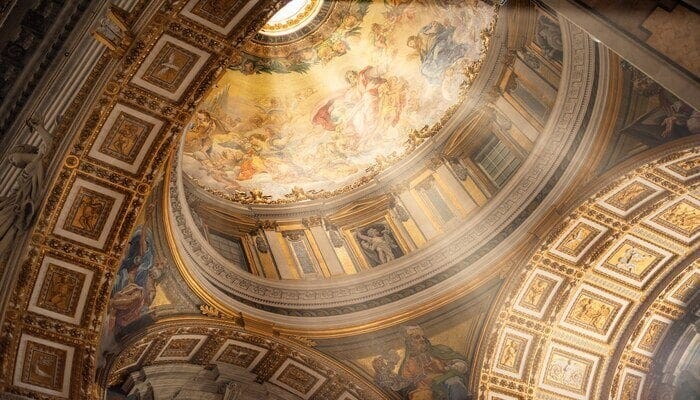Whatever Happened to Patronage?
Whatever Happened to Patronage?
It’s defined as ‘the act of providing approval and support,’ but patronage has a long history in the arts, because artists are always broke and trying to make the rent and feed themselves.
The Medici Family, the wealthy banking family in Florence during the Italian Renaissance comes to mind. Patrons to Leonardo da Vinci, Michelangelo, Botticelli, Galileo, and many others, their funding enabled artists and scientists to work full-time. But their wealth pales by comparison to that of Elon Musk, Jeff Bezos, Bill Gates and Warren Buffett.
Yet here we are, at a time when market forces determine whether writers, artists, designers, musicians or inventors thrive, or wilt by the side of the road.
It’s not that the public doesn’t care, but they wait for winners, which makes sense for them. But the result is endless small gigs, a life on the road, periodic economic drought, and side hustles to stay alive. It’s wearying, deadly to relationships and dangerous to the soul. Besides that, few understand why creators shun an ordinary job. Not enough time to think, perhaps, to recharge one’s batteries.
Business startups pitch an idea, pick up a venture capitalist and get short-term support to prove a product, but there is no venture capital for the individual creative life. There once was, and it was called patronage. Even the word got a damaged reputation, for its later political association with bribery.
And so, the renaissance we might have expected, in a time when technical advances are moving with unprecedented speed, has been denied to us.
Suppose that period of European history at the close of the Middle Ages and the rise of the modern world, that cultural rebirth from the 14th through the middle of the 17th centuries, had been denied us in favor of data-mining, Wal-mart and Amazon. Would we have settled for a wealthier Medici Family, at the expense of no Michelangelo, ballet, heroic architecture or Taylor Swift?
Fortunately, the question never arose. The Medecis didn’t fiddle with polls
Jeff Bezos's net worth increased over the past year by an average that translates to about $8 million per hour, and he’s but one of the many one-percenters. Suppose, along with the Gates Foundation, the Ford and Rockefeller Foundations, individuals in that storied crowd of wealth chose to patronize the arts.
We have Medicis galore. Here’s an idea—the Hour-A-Week-Club, committing those earnings to patronage. Our creators are worth it, and more.
Where I live in Prague, I have dozens of talented friends in what could be called the artistic community. Other than their outstanding talents and perseverance, what they all have in common is a financial life on the edge of disaster. A rise in rent, or a lost side-hustle lurks outside every door. Yet they keep on, doing great work in small ways. That begs the question of what books and songs might be written, sculptures sculped, and contributions made to the quality of life, instead of the taking of life.
It seems that is the bargain from which we turned away.
As our sitting president might say, “renaissance is for suckers.” The future lies in “trading off a thriving middle class for obedient workers, skinning their benefits like peelings off a banana, and cutting taxes for the metaphoric Medicis.”
The Orange Man reminds me of Alfonso Bedoy, the actor who spoke the Mexican bandit’s line from the 1948 film The Treasure of the Sierra Madre.
Badges? We ain’t got no badges. We don’t need no badges. I don’t have to show you any stinkin’ badges!”
I was thirteen years old when those words were spoken, but I can see and hear him now, as clear as seventy-seven years ago.
It’s been seven centuries since the European Renaissance.
Is in too late for a few Medicis to stand up again?
Perhaps a first American Pope is a sign.

